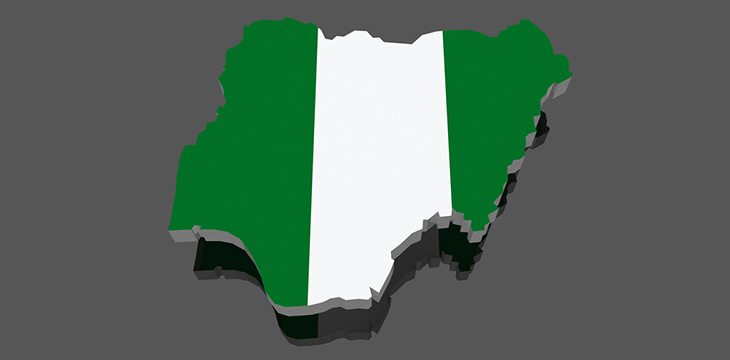Nigeria has officially begun implementing its National Blockchain Policy, which aims to promote the integration of blockchain technology in the private and public sectors.
Chairperson of the National Blockchain Policy Steering Committee (NBPSC), Chimezie Chuta, revealed that the committee met with the National Information Technology Development Agency (NITDA) to discuss the policy and how it can best be implemented.
The implementation of Nigeria’s Blockchain Technology Policy begins virtually today, and I am honoured to serve as Chair of the Steering Committee.
Technology is the biggest driving force I know!
Dear blockchain community, we only have one country.
Let’s make it great again. pic.twitter.com/HzkD2hE3UA
— ChimezieChuta (@ChimezieChuta) July 17, 2024
The policy was announced by the outgoing administration of President Muhammadu Buhari in May 2023. Bola Tinubu has since taken over, and his administration has made digitalization of government one of its key election pledges and is keen to push ahead with the policy.
NITDA, under the leadership of Kashifu Inuwa Abdullahi, has been spearheading the rollout on behalf of the Federal Ministry of Communications and Digital Economy, which in early July announced it had restructured the committee responsible for the day-to-day rollout strategy.
The policy advocates for the Nigerian government to integrate blockchain into processes to enhance transparency and accountability. Impunity is a major challenge in Nigeria, with Transparency International ranking the country 145th out of 180 countries worldwide. According to PricewaterhouseCoopers, corruption could cost the Nigerian economy up to 37% by 2030.
Blockchain has the potential to significantly reduce corruption because it is immutable and transparent, Nigeria’s anti-corruption commissioner recently acknowledged.
As Nigeria embarks on its blockchain policy, a recent proposal to build its own blockchain network will be in the spotlight. The new network, named Nigeria, aims for data sovereignty and reduced reliance on global public networks. The timeline for its development is still unclear, and officials have said even the name is tentative.
But for now, the steering committee plans to focus on public blockchain networks that are being integrated into various functions in West African countries, such as certificate validation.
Nigeria continues to struggle with digital assets as the country pushes ahead with blockchain adoption. From regulating P2P to prosecuting some operators, the government has taken tough measures on the industry this year. Some, like Coinbase (NASDAQ: COIN), have discontinued certain services, while others have opted to exit altogether. The latest was OKX, which announced its withdrawal last week. Others, like KuCoin, have increased their platform fees in response to regulatory changes.
Check it out: The future is already here in Nigeria
New to blockchain? Check out CoinGeek’s Blockchain for Beginners section, the ultimate resource guide to learn more about blockchain technology.

